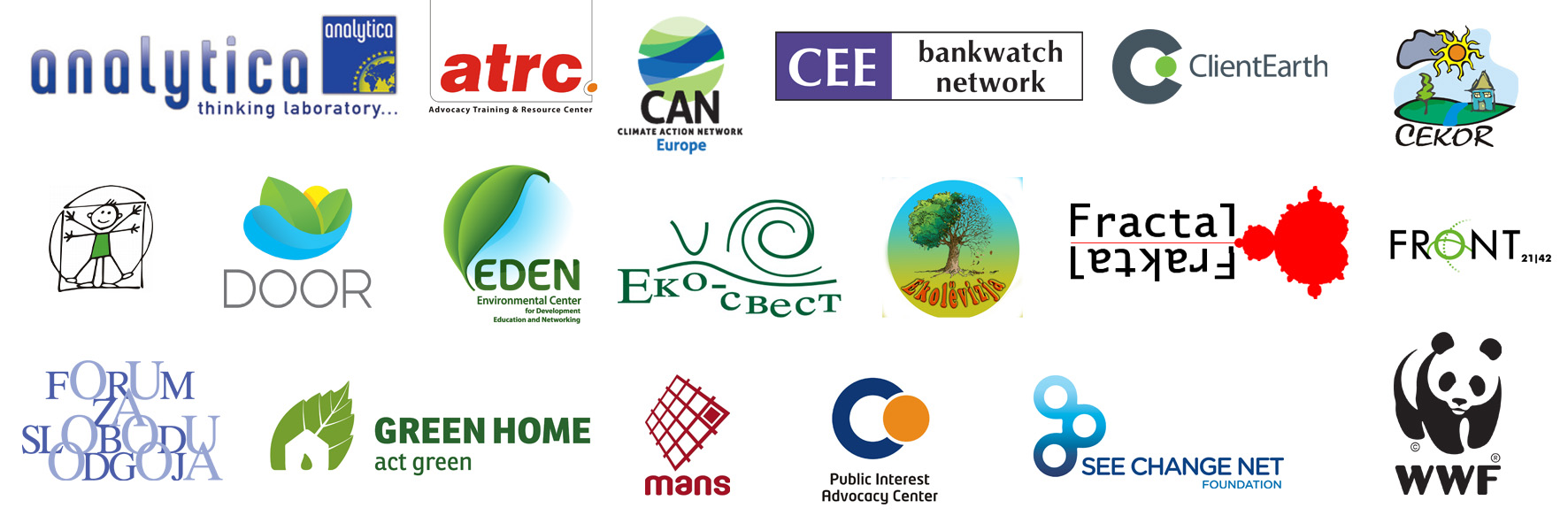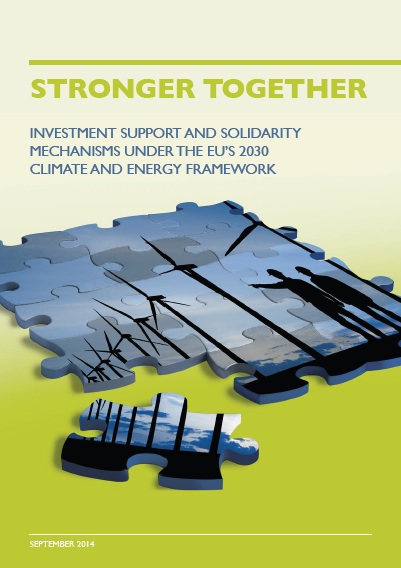The Ban Ki-moon climate summit – What did it deliver?
After the largest global people’s climate march in history, it would have been hard for most people to have overlooked the UN climate summit that took place in New York on Tuesday this week. What were the outcomes of this summit and will it be enough to set us on
















